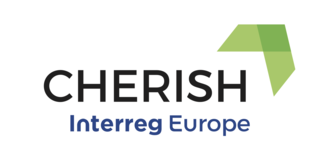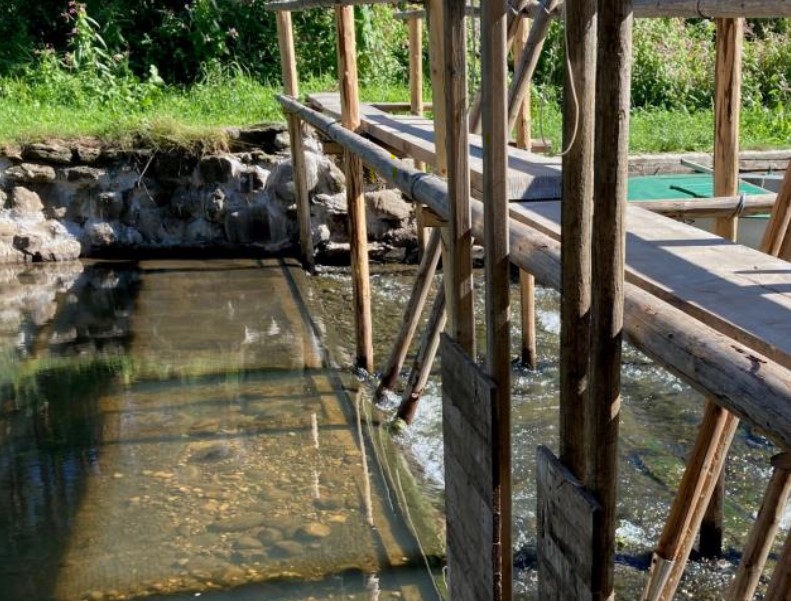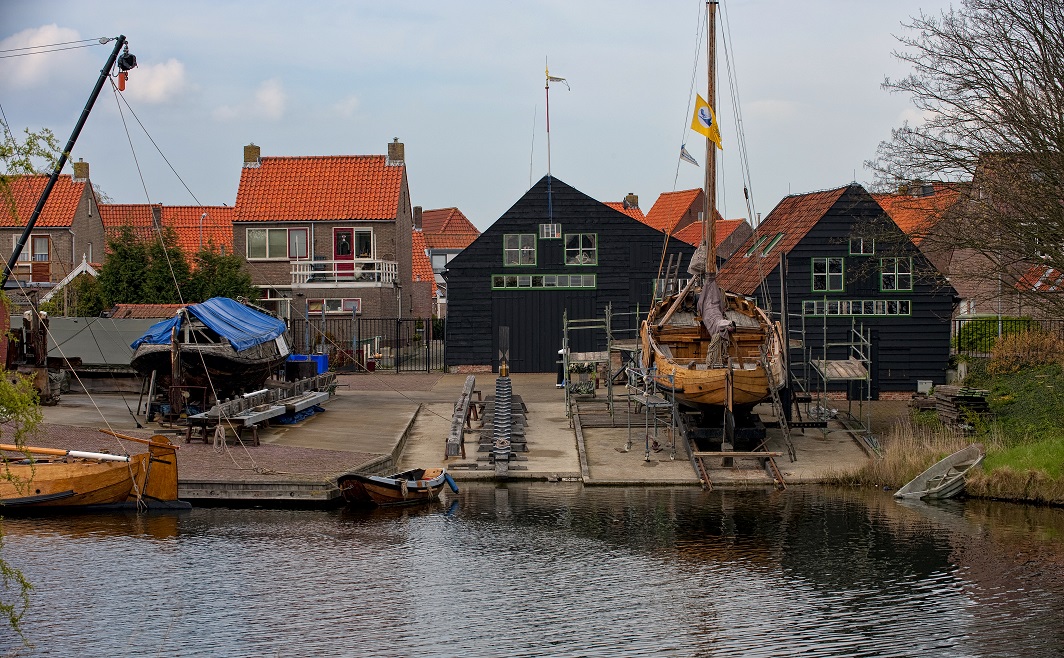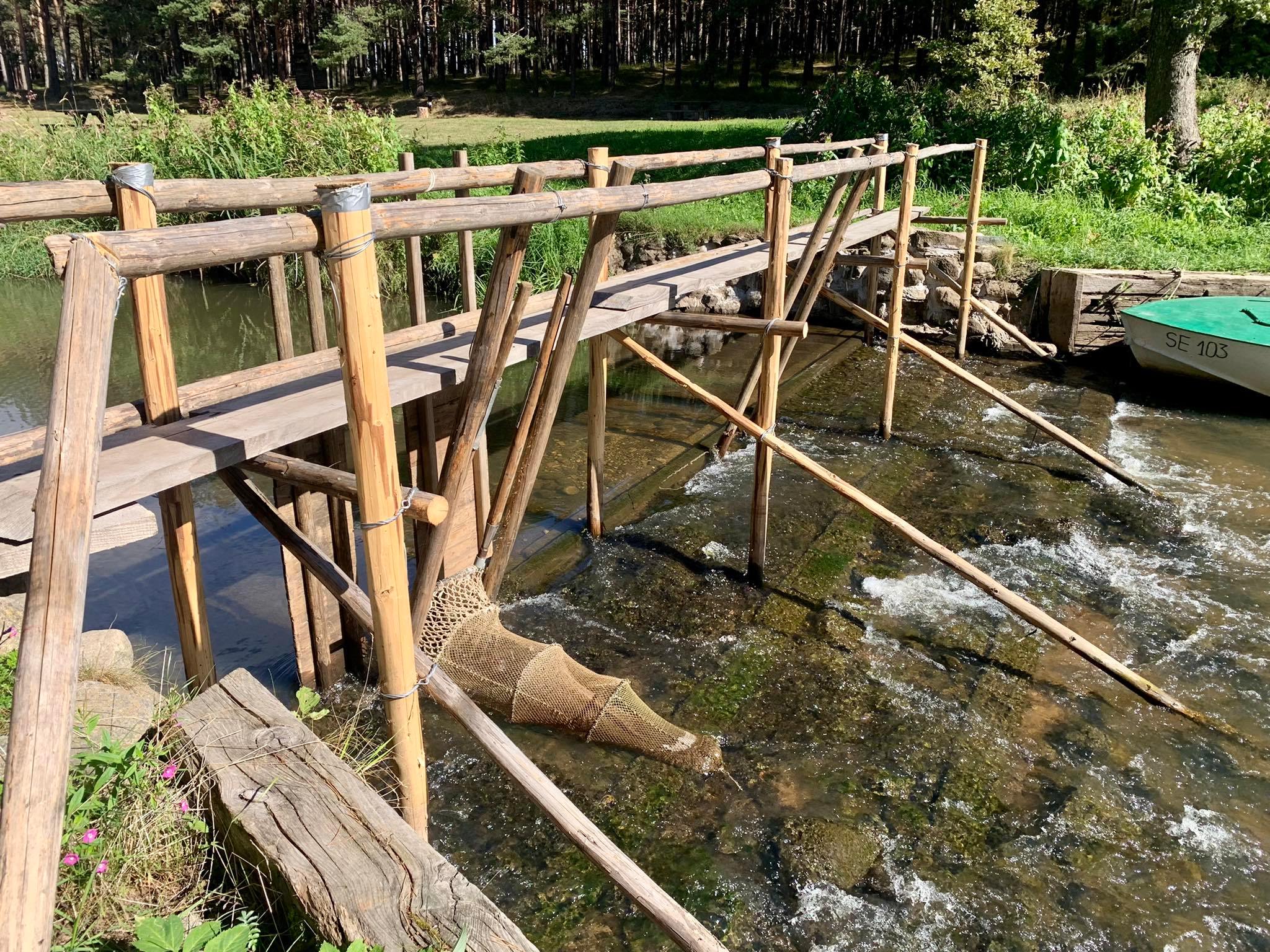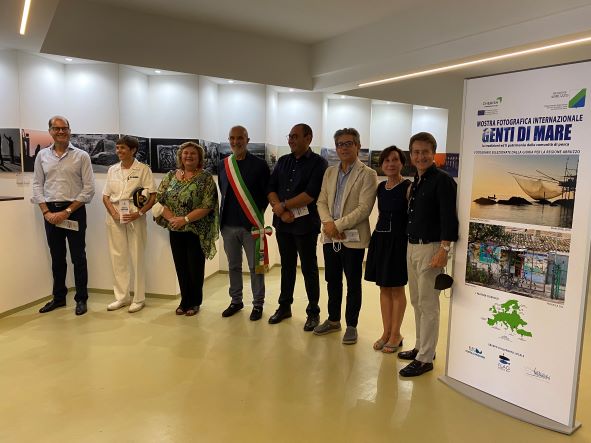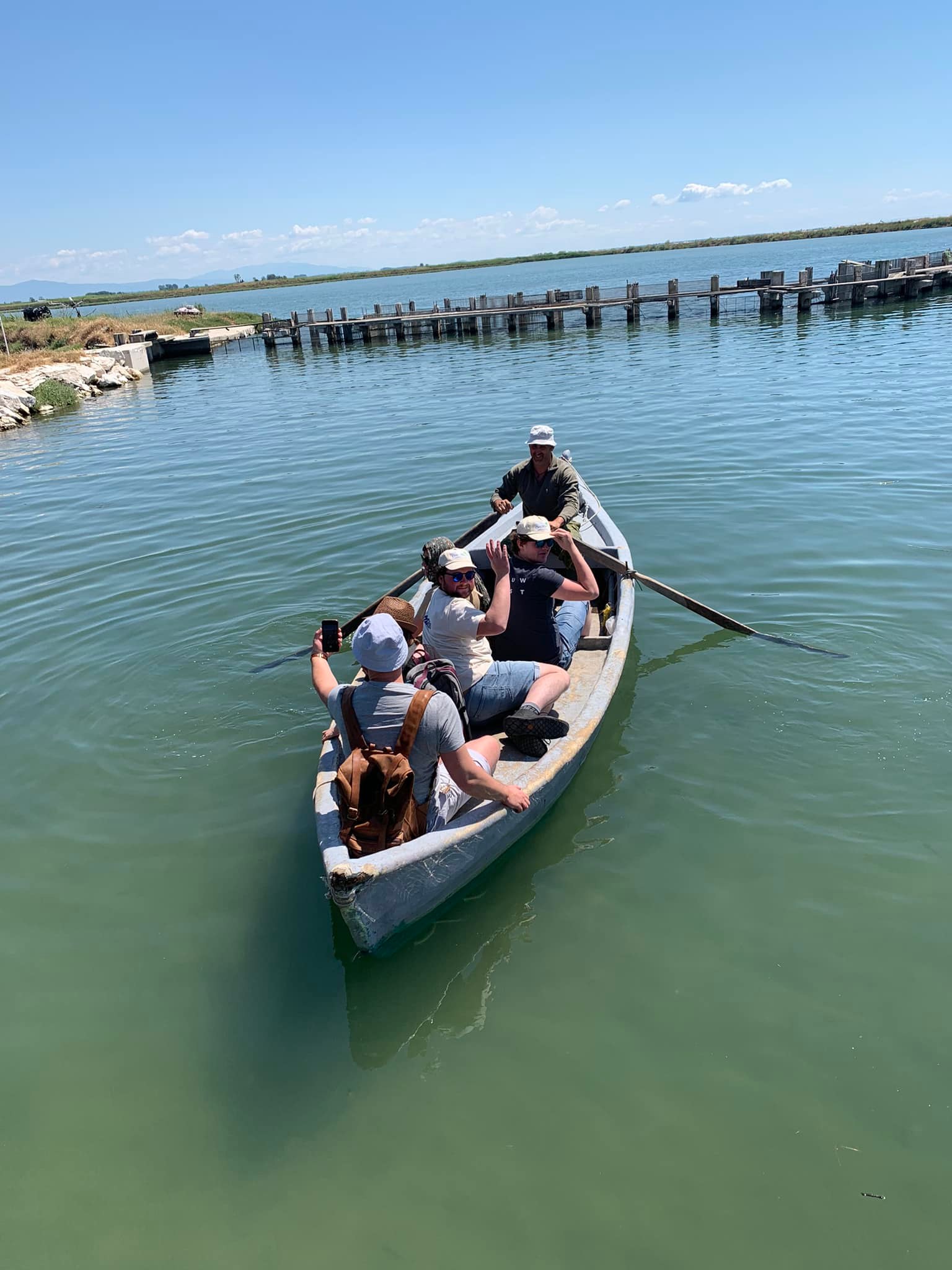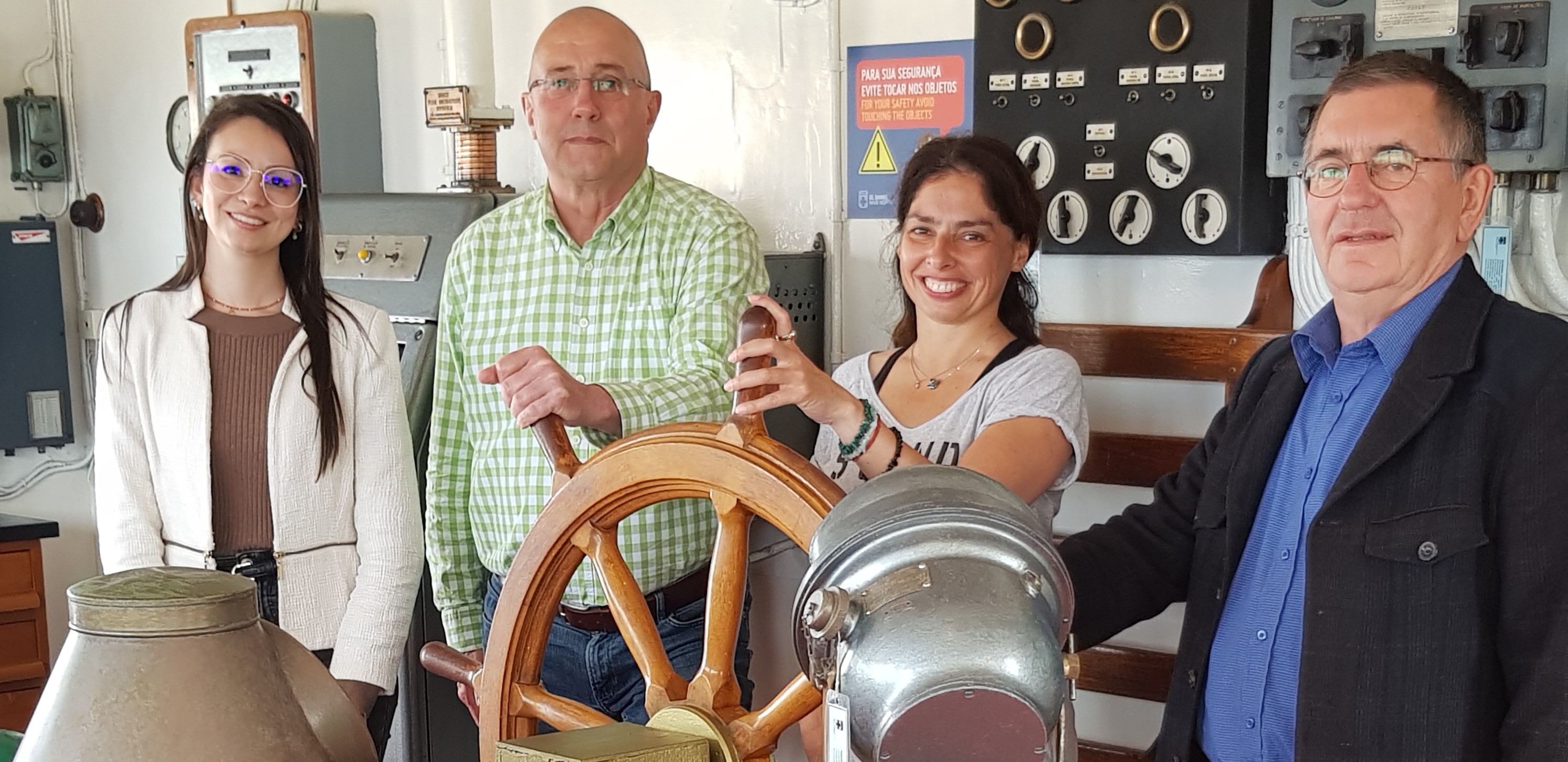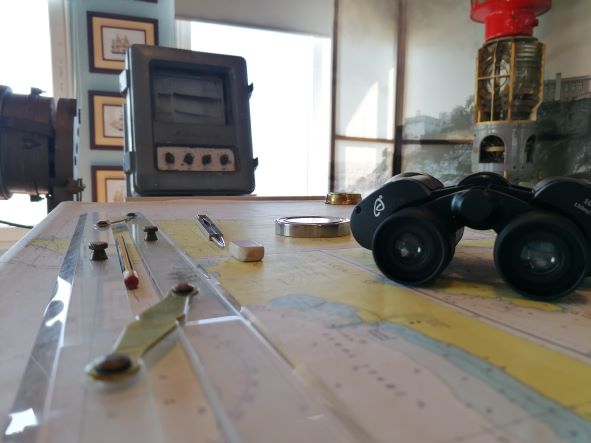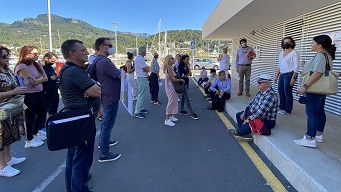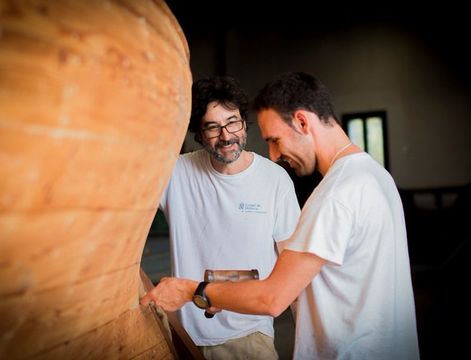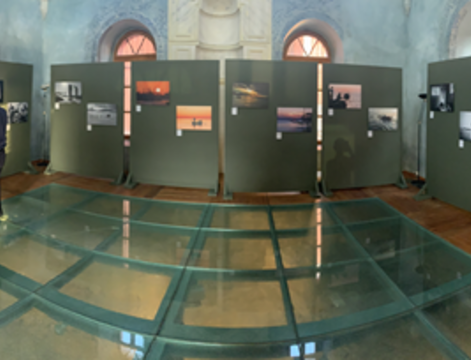On Thursday, 15th of November 2018 the kick off meeting of the CHERISH project took place in Middelburg. The meeting was organised in the old Town Hall. For this special occasion the hall was decorated with old fishery tools. Partners and key stakeholders of all partner regions, the Coastal and Maritime Union, Flanders Marine Institute and other coastal regions like Morsø Kommune (Denmark) were present. After a warm welcome by alderman Johan Aalberts on behalf of the municipality of Middelburg, Jo - Annes de Bat, Deputy of Zeeland and president of “Bestuurlijk platform Visserij Nederland” (political platform fisheries Netherlands) gave an insight in the economic importance of fishery in Zeeland. He sketched the possibilities of protection and promotion of cultural heritage in fishing communities as means to improve the attractiveness of Zeeland.
Participants were then informed about the specific objectives and activities of CHERISH by Jack Dooms of the municipality of Middelburg and project leader of CHERISH. For an interview with Jack please watch this video: interview.
The project aims improving regional policies concerning cultural heritage in fishing communities to boost attractiveness for business, citizens and tourists. Emphasis lies on analysis of cultural heritage, sharing & learning, and improving and developing economic and social developments in the participating regions.
Roos Galjaard, CHERISH project manager, introduced the CHERISH consortium by interviewing representatives of all partner regions supported by an impressive photo presentation of existing cultural heritage.
In his keynote speech Gerard van Keken from “Remarkable Identity” explained the importance of cultural distinctiveness of places. Playfully he presented an inspiring vision on the importance of cultural heritage for fishery communities. He emphasized the value of distinctiveness and shared a set of perspectives and instruments to influence policy and practice.
Involved stakeholders demonstrated good practices of crossovers between cultural heritage and various economic activities such as food (2-Michelinstar chef Edwin Vinke (photo)), fashion (representatives of the Foundation Zeeland Fishery Sweaters), art (Dieuwke Parleviet) and design (Stephany Maes). Jeanine Dekker, advisor “folk culture”, Foundation for Cultural Heritage in Zeeland (SCEZ) gave an overview of the tangible and intangible cultural fishery heritage in Zeeland.

During the lunch extensive discussions took place between partners, stakeholders and regional policy makers.
Ann-Katrien Lescrauwaet (Flanders Marine Institute, Belgium) gave an overview of the relevance of historic research on fisheries, fishing ecosystems and fishing communities for policymakers. New knowledge opens different opportunities of combining cultural heritage of fishing communities and helps developing consciousness about the many different angles in which heritage can contribute to inspiring activities which contribute to economic, social and cultural vitality.
CHERISH finds place in a broad context of international developments and projects such as GIFS, Geography of Inshore Fishing and Sustainability and “Voordelta”. Tiny Maenhout, (expert international policy, Municipality Middelburg) explained the need for adjusting current policy instruments such as “Op Zuid”. Too often policy frameworks do not fit in with the practice. To change that is an important aim of CHERISH.
